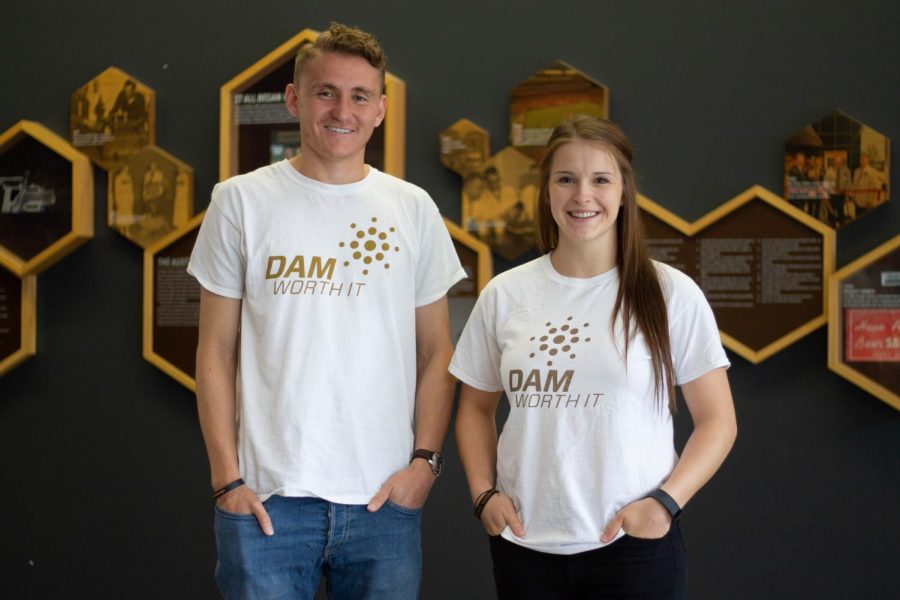Dam Worth It campaign changes mental health conversations
May 14, 2018
Editor’s note: This story has been edited to avoid direct mentions of self-harm, but discusses the topic and impacts of suicide. Reader discretion is advised.
The Dam Worth It campaign on Oregon State University’s campus was started by two student-athletes who saw change needed around the topic of mental health and suicide. Taylor Ricci and Nathan Braaten, the co-founders of the campaign, were personally affected by suicide in their own lives and in their lives here at OSU.
Lanesha Reagan, a senior volleyball player, has been struggling with her mental health since middle school.
When she started writing her blog describing how she overcame her negative mental health, people from all over the country started emailing her about their own battles. Reagan said she makes it a priority to reply and give people advice.
“I’ve found that the more honest I am, the better people respond,” Reagan said in an email. “So I try to live by that daily and be that support system for anyone that wants it.”
Reagan said students have easy access to great people and resources through Counseling and Psychological Services. She said people have been uneasy about the conversations surrounding mental health.
“There’s such a negative stigma around the idea of asking for help or talking to someone, when in reality, there’s nothing wrong with that,” Reagan said in an email. “Humanizing the idea of therapy not being for crazy people is huge.”
Adding to Reagan’s already busy school day is her volleyball scholarship at OSU, which can be demanding and strenuous while taking a full load of classes and trying to balance a social life.
“A lot of my really tough struggles were in high school because I felt this immense pressure to be perfect, but stepping into the collegiate athlete world I had a better grasp of the idea that no one was perfect, even if that’s how it looked,” Reagan said via email.
Reagan attributes her great athletic collegiate experience to her teammates and coaches. She realizes that the experience is not the same for every athlete.
“I’m lucky to say I’ve had some of the best coaches and teammates here at Oregon State. Up until last year, none of them knew about my struggles with mental health (except my best friend on the team, Mary-Kate),” Reagan said via email. “I automatically came onto the team and felt like I had a support group. I felt safe.”
Inspired out of tragedy, the Dam Worth It Campaign was launched this past January. After OSU lost a men’s soccer player to suicide and then a former gymnast less than a year later, two of the victims’ teammates met for coffee. Current men’s soccer player Braaten and former gymnast Ricci drew up the idea of the campaign only four hours later.
“The mission of the Dam Worth It Campaign is to utilize the influential platform of sport to open up the conversation around mental health in the college environment and work to end the stigma,” Ricci said via email. “The basic platform of this campaign takes the unique approach of being by students for students.”
Consisting of major pillars like education, resources and awareness, #DamWorthIt has reached the national scale, being featured in media such as Sports Illustrated and USA Today, Ricci said. Every athletic team across the nation has dedicated a game or equivalent to mental health awareness.
“By using the highly-visible platform of athletics, the mission of Dam Worth It will influence the entire university and community with the vision of expanding into the PAC-12 and NCAA,” Ricci said in an email.
Braaten lost a close friend in his home of Colorado when he started at OSU as a freshman. Six months later his friend and teammate, John Chambers, died by suicide. Braaten said he struggled with his own metal health for a long time afterwards.
“Through my own struggles with mental health, I became very passionate about helping others realize that it is OK to not be OK and that we shouldn’t be afraid to talk about mental health,” Braaten said via email.
Braaten and Ricci have an inside look on what student-athletes go through on campus in day-to-day life. The issue of mental health is very present in the general student body however, and is not limited to athletes, Braaten said.
“The loss of former teammates and other events across the country sparked an urgency in us that something had to be done to address the stigma around mental health,” Braaten said in an email.
With the help of a few key figures within the Athletic Department, Ricci said the campaign was made possible in launching the spread of awareness and a name-brand in Dam Worth It. Additionally, a $60,000 PAC-12 grant was received by the organization with plans for expansion across the PAC-12 and all NCAA institutions.
“The process of getting this campaign started has been the definition of team effort,” Ricci said via email. “While Nathan and I have spearheaded this campaign, getting it off the ground has been possible because of the efforts of our entire Athletic Department.”
Alfred Tedeschi, director of athletic training services, said excellent mental health resources exist through CAPS, as well as Samaritan Athletic Medicine, which has psychologist Sandra Minta, who is available to student-athletes.
“Quarterly wellness checks are administered by the athletic training staff,” Tedeschi said via email. “These are designed to be holistic in scope with the outcome of connecting student-athletes with necessary resources as the goal. Last, the wellness coaching program at OSU is about to launch. This is a program which we in Athletics are excited about and we feel can fill a need.”
Tedeschi said each individual athlete case is different when it comes to mental health. Athletes need to realize their need for assistance, but it is not always easy with mental health being viewed as a taboo topic.
“I advocate for training to increase language and competency around mental health,” Tedeschi said in an email. “The Behind Happy Faces curriculum is a good place to start since it highlights information around stigma, coping skills and how to help a friend.”
Fernando Frias, a licensed psychologist at CAPS and the Athletics Department liaison, said student-athletes are under pressure to perform optimally. Although the stigma present in athletics is decreasing, barriers for seeking help are still common.
“For many student-athletes, athletic involvement is a salient part of their identity: sport is not just what they do, it’s who they are,” Frias said via email. “From a mental health perspective, student-athletes are most often present with issues common to the general student population.”
CAPS offers specific hours set aside for student-athletes for individual counseling housed in the Athletic building, Frias said. Beavers on the Mend is the injury support group for athletes, also including drop-in consultation hours, workshops for team mental skills and mental health promotion and prevention.
“The message I would want all student-athletes to hear is that help is available, and that people care and want to listen,” Frias said in an email. “In a culture that values mental toughness, seeking help in a vulnerable state is a different type of tough. An emotionally-well athlete is a high-performing athlete.”
Frias hopes that more peer-to-peer conversation about mental health will begin because of the DAM Worth It campaign, and will erode the stigma and increase students’ willingness to seek help.
“The DAM Worth It campaign has the potential to change the narrative about mental health in the student-athlete population,” Frias said via email. “To have student-athlete voices at the forefront of awareness, and for student-athletes to hear real stories of struggle from their peers is powerful.”
Talking about mental health among student-athletes is important because it is vital to survival as a human being, Reagan said. She has felt constant pressure to perform and convey that nothing can hurt her, but she is human too and sometimes athletes need to take a moment to breathe.
“Just as regular students, and as people, we should be talking about mental health,” Reagan said via email. “We’ve already lost too many friends, family members and strangers to something, maybe, just maybe we could have avoided.”







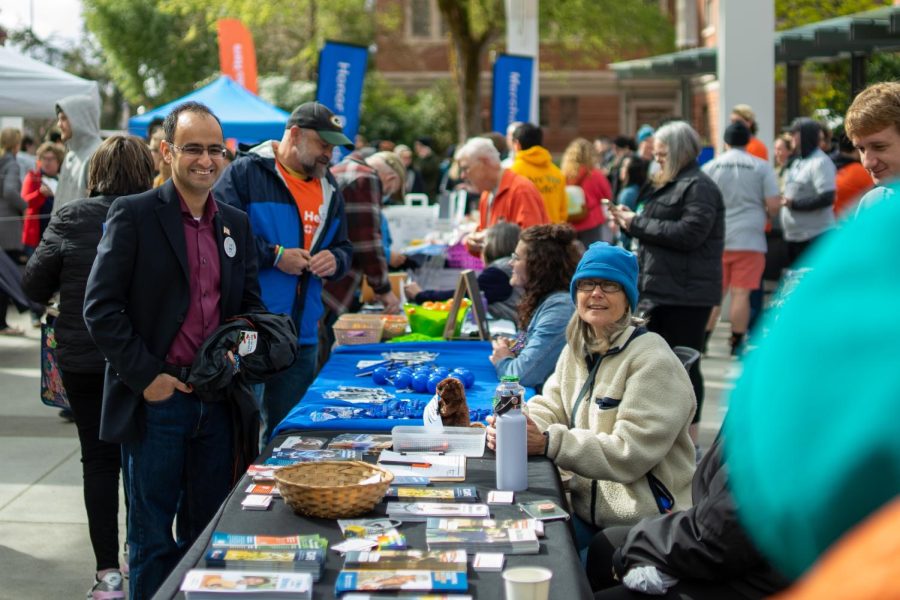

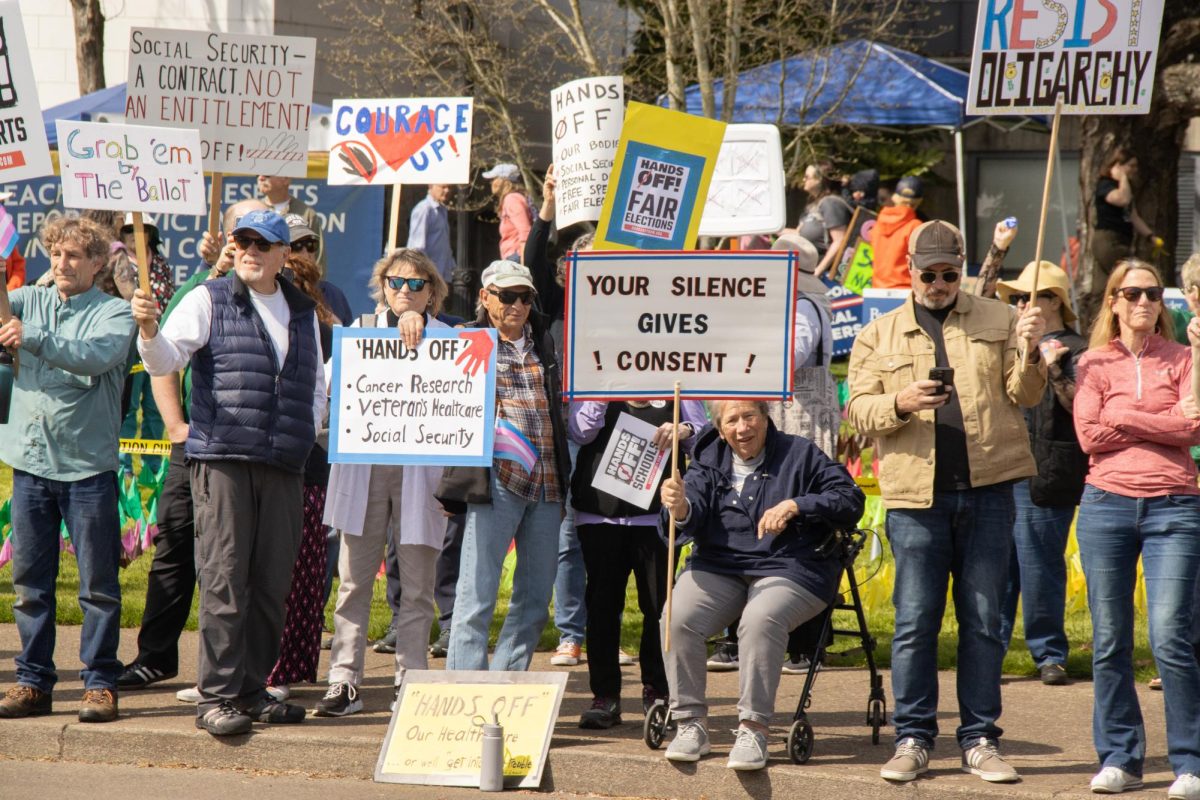


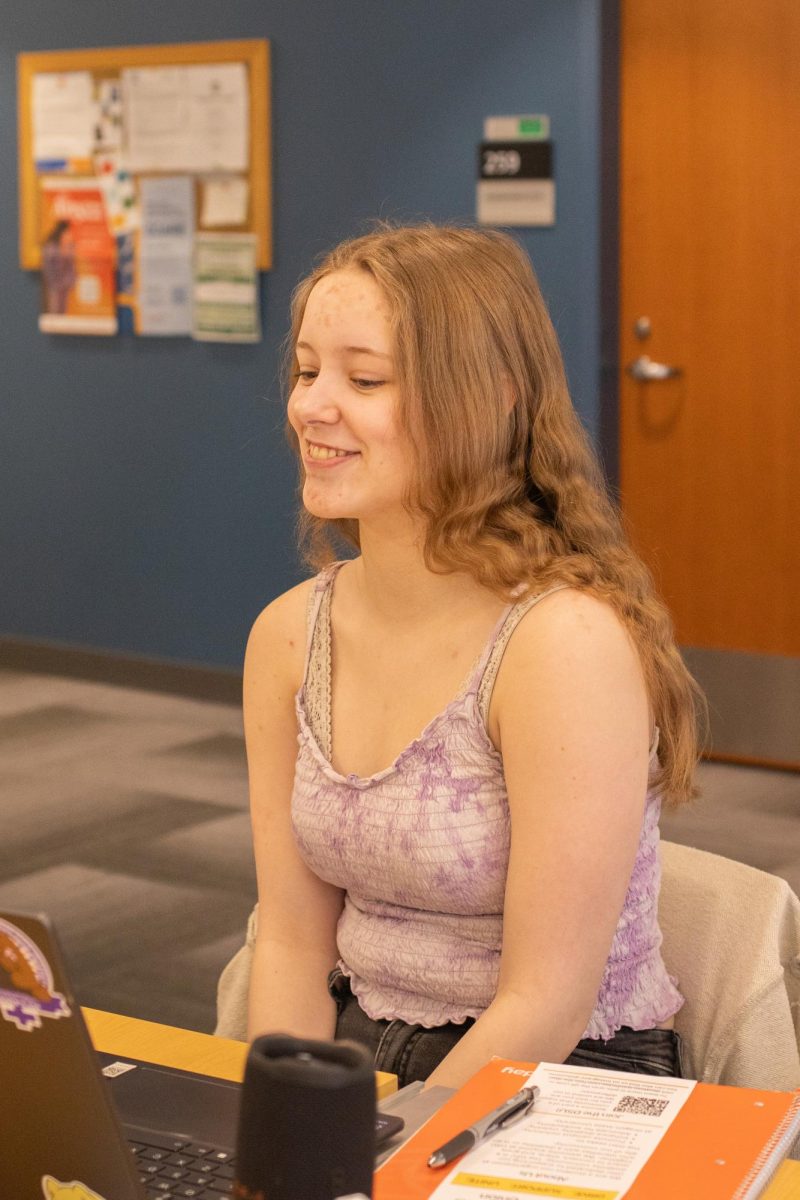


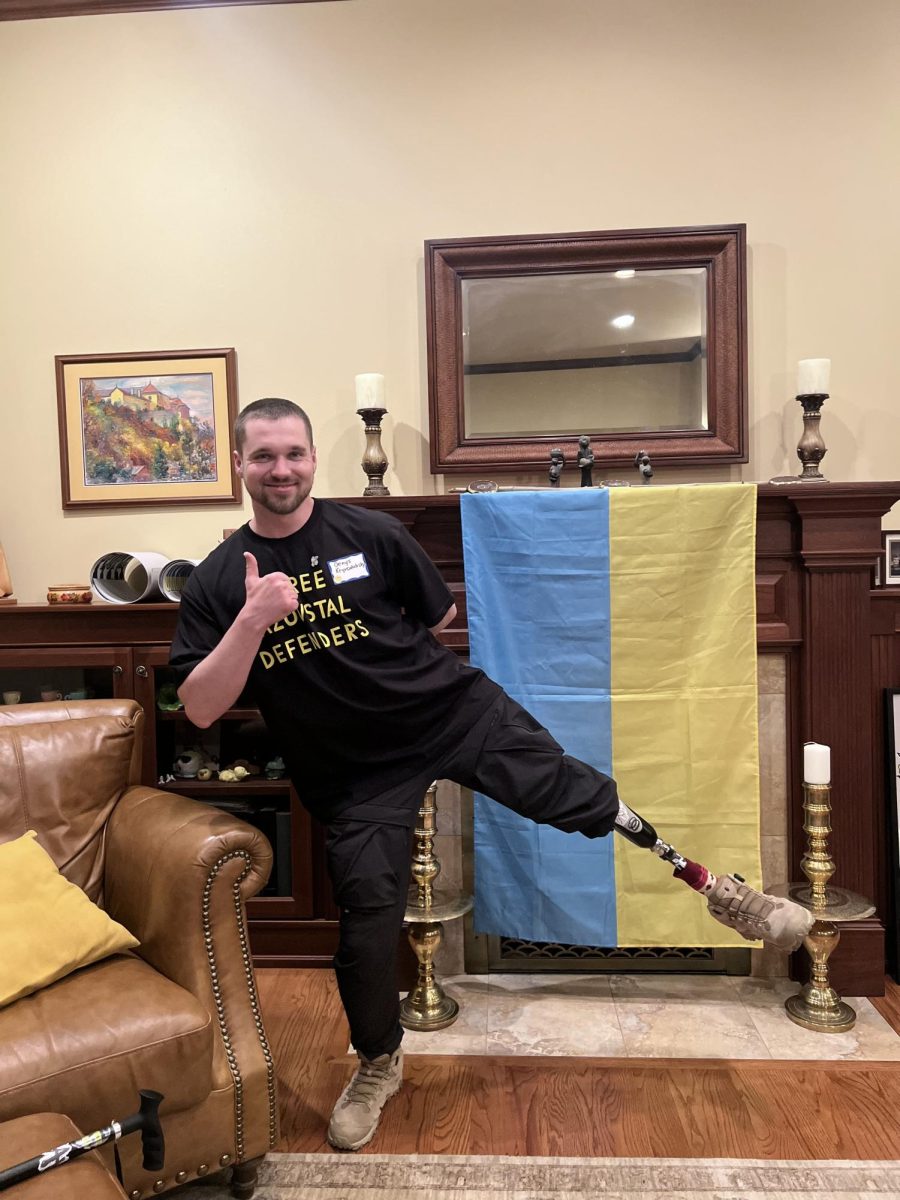












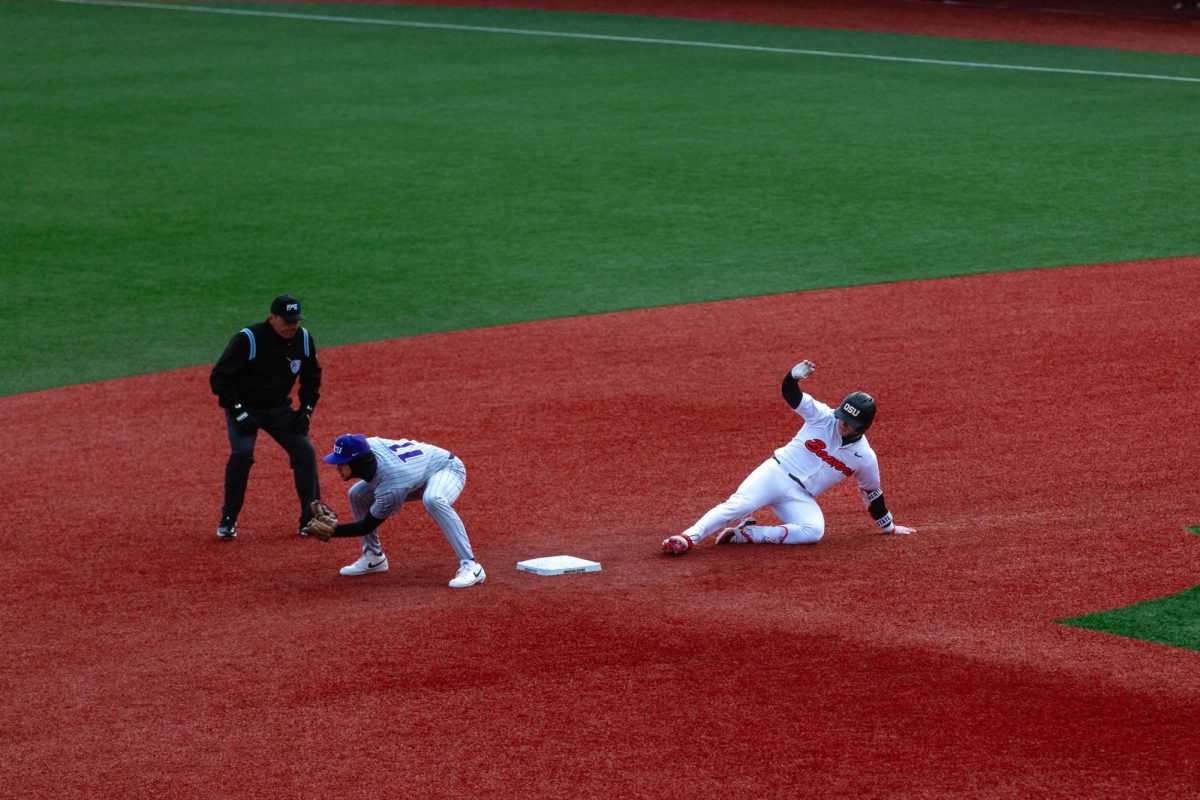























































![Newspaper clipping from February 25, 1970 in the Daily Barometer showing an article written by Bob Allen, past Barometer Editor. This article was written to spotlight both the student body’s lack of participation with student government at the time in conjunction with their class representatives response. [It’s important to note ASOSU was not structured identically to today’s standards, likely having a president on behalf of each class work together as one entity as opposed to one president representing all classes.]](https://dailybaro.orangemedianetwork.com/wp-content/uploads/2025/03/Screenshot-2025-03-12-1.00.42-PM-e1741811160853.png)























